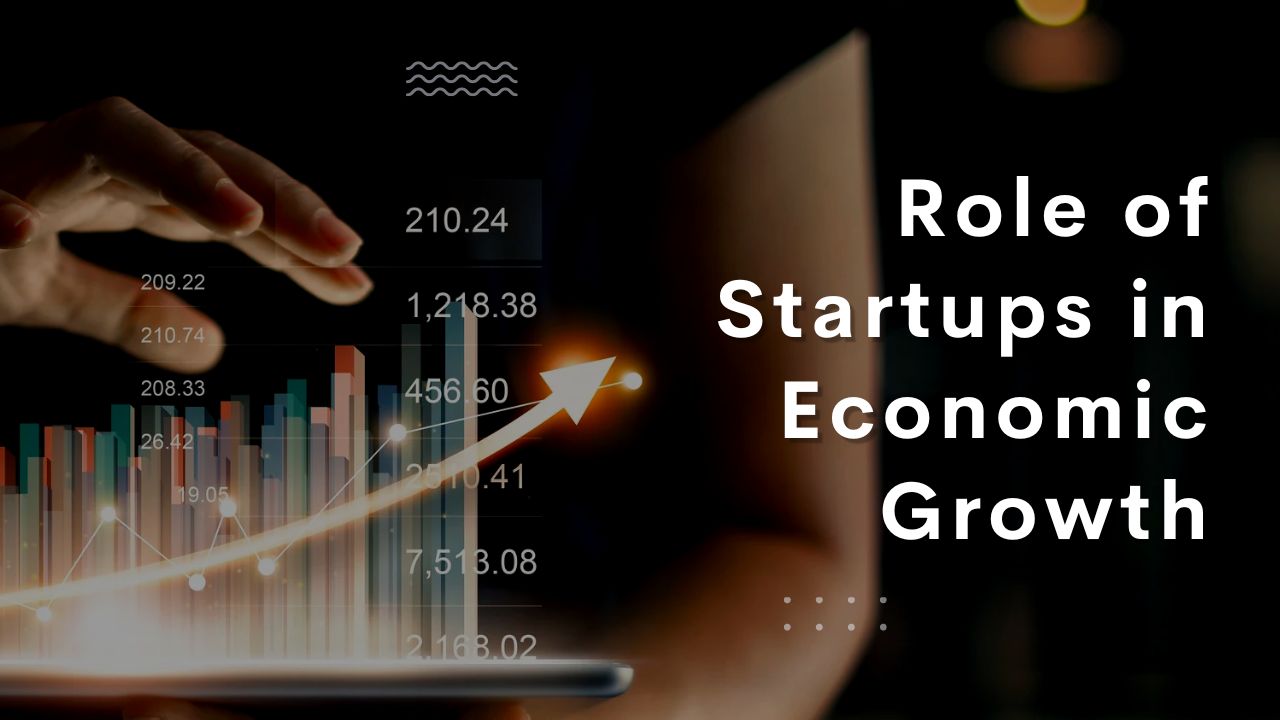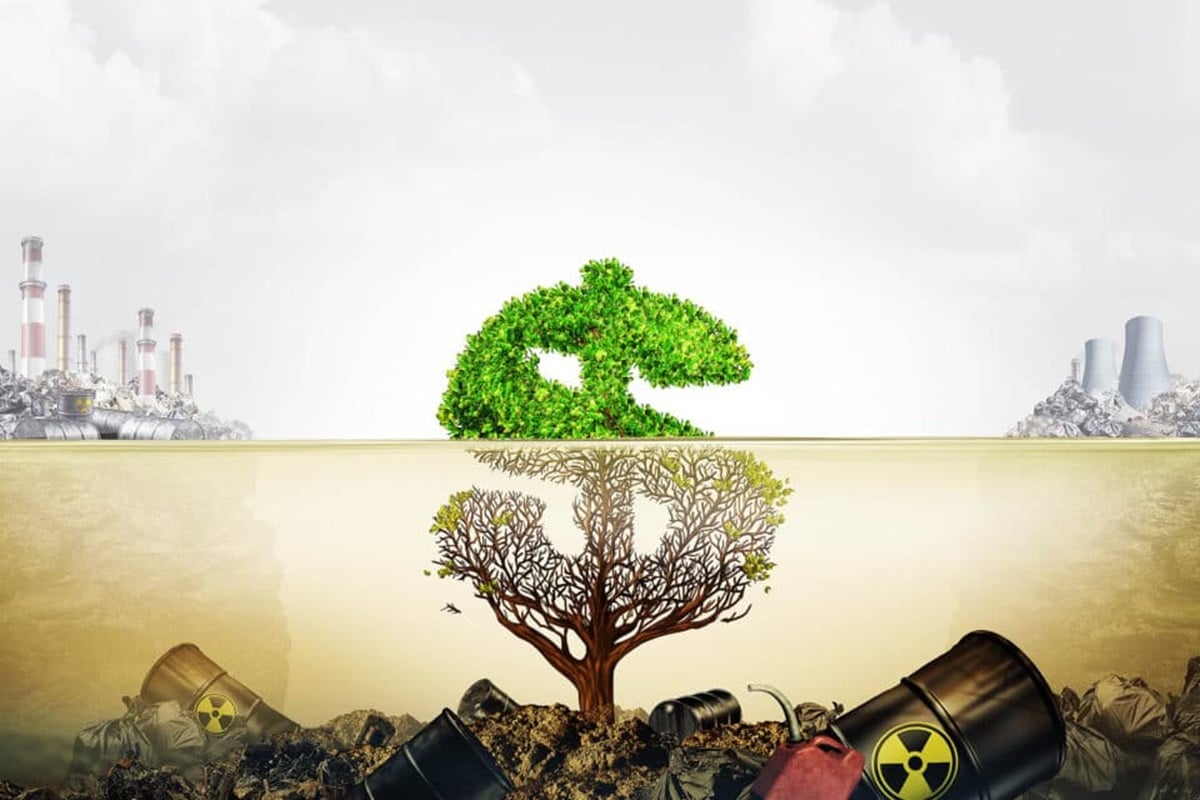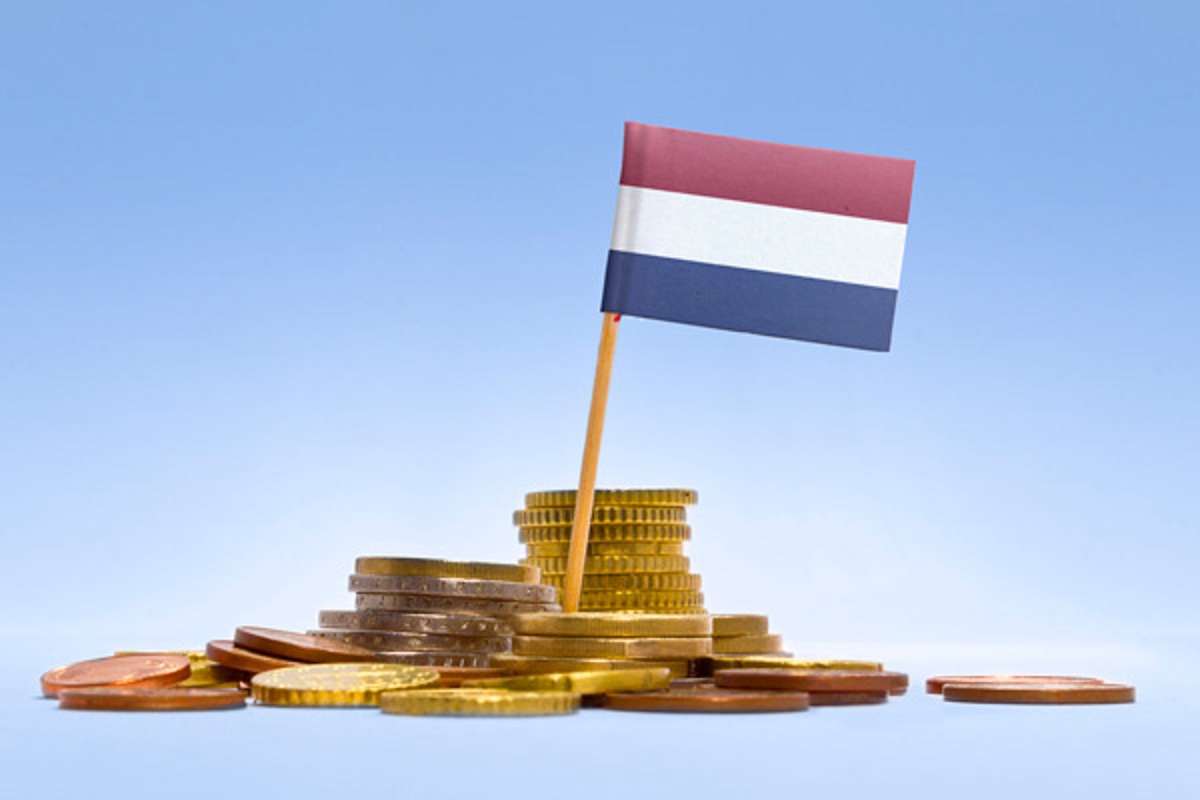Introduction
Startups are like the sprightly newcomers at a grand dinner party—bringing fresh energy, new ideas, and a touch of unpredictability. In 2024, their role in economic growth is more significant than ever. This piece will unpack how startups are fueling job creation, driving technological advances, and making waves on the global stage. Buckle up—this journey through the startup landscape promises to be as dynamic as the startups themselves!
Job Creation: Fresh Opportunities and New Frontiers
Startups are the engines of job creation, playing a crucial role in economic growth. They’re spotting gaps in the market that larger firms might miss. Think of them as the scouts on a treasure hunt, always looking for new opportunities. In 2024, startups are still proving their mettle by expanding employment across various fields.
Champions of Diversity
Not only are startups creating jobs, but they’re also shaking up traditional workplace norms. They’re champions of diversity, often leading the charge in building inclusive teams. This approach doesn’t just feel good—it’s smart business. Diverse teams bring a variety of perspectives, fueling creativity and innovation. My own experience shows that this focus on inclusivity isn’t just a trend; it’s a strategic advantage.
Innovation: The Startup’s Secret Sauce
Innovation is the lifeblood of startups. They’re always on the lookout for the next big thing, whether it’s a groundbreaking app or a novel business model. In 2024, startups are at the cutting edge, utilizing technologies like AI, machine learning, and blockchain. These innovations are central to understanding the role of startups in economic growth.
Related Post: Top 36 Startups to Watch in 2024 for Innovation and Growth
Transforming Industries
Take Zoom, for example. It didn’t just offer a video call service; it revolutionized how we connect. Similarly, fintech startups like Stripe have reimagined financial transactions. These startups are not merely adopting new technologies—they’re creating them. This kind of innovation is contagious, often pushing established companies to rethink their strategies and embrace change.
Resilience: Startups’ Superpower
Startups are like the resilient underdogs in a sports movie. Their ability to pivot and adapt is crucial, especially in uncertain times. This agility allows them to grab new opportunities and dodge potential pitfalls, underscoring their role in economic growth.
Lean Structures and Quick Decision-Making
Their lean structures give them a distinct advantage. Without layers of bureaucracy, startups can make quick decisions and implement changes faster than their larger counterparts. From my perspective, this nimbleness is one of their greatest strengths.
Policy and Regulation: The Double-Edged Sword
Policies and regulations are the playing field on which startups operate. In 2024, many governments are stepping up to create startup-friendly environments. This supportive stance highlights the role of startups in economic growth and the importance of removing bureaucratic hurdles.
Navigating Challenges
But it’s not all smooth sailing. Entrepreneurs still face challenges like complex tax codes and funding issues. It’s crucial for governments to engage with startups to understand their unique needs. Learning from successful startup hubs can provide valuable lessons. Simplifying business registration and providing financial relief are steps in the right direction.
A Global View: Startups Know No Boundaries
Startups are making their mark worldwide. Emerging markets are buzzing with startup activity, driven by local talent and resources. This global perspective is crucial for understanding how startups contribute to economic growth on an international scale.
Emerging Markets Leading the Charge
Countries like India, Brazil, and Nigeria are leading the charge. They’re creating vibrant startup ecosystems with supportive policies and growing consumer bases. Sharing knowledge and resources across borders can amplify their impact and drive collective progress.
Looking Ahead: The Future is Bright
The future for startups is promising. As we look to 2025 and beyond, several trends are set to shape the landscape. Sustainable practices, digital transformation, and a focus on customer needs are leading the way.
Investing in Talent and Networks
Entrepreneurs must stay sharp, adapting to changing market conditions and consumer preferences. Investing in talent and building strong networks will be crucial. For investors and policymakers, supporting startups is not just an investment in individual companies but in the broader economy, highlighting their role in economic growth.
Conclusion
Startups are the spark plugs of economic growth. They drive innovation, create jobs, and influence industries in ways that larger companies often can’t. In 2024, their role is more vital than ever. By understanding their impact and supporting their growth, we can all contribute to a brighter economic future.
From my vantage point, the key to startup success lies in resilience, adaptability, and collaboration. For policymakers and investors, fostering a supportive environment is crucial. As we look ahead, let’s embrace the opportunities that startups present and support their journey toward shaping a dynamic and prosperous future.



